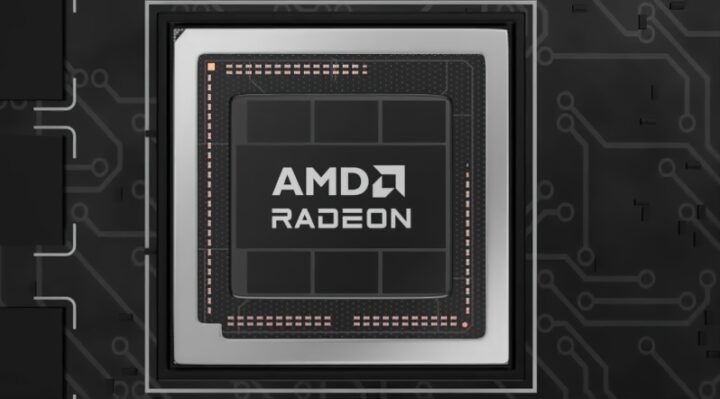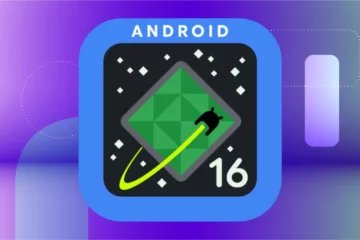
With AMD’s release of ZLUDA, their most recent effort, GPU technology has advanced significantly today. This project promises improved speed and compatibility, potentially revolutionizing the way CUDA software works with AMD hardware.
Project ZLUDA from AMD: A New Chapter in CUDA Compatibility:
AMD’s ambitious project ZLUDA seeks to allow programs written in CUDA (NVIDIA’s computing language) to operate natively on AMD hardware. This project, begun by one person and then taken up by AMD, makes it possible for CUDA applications to run on AMD GPUs via the HIP/ROCm platform without the need for code translations or modifications.
ZLUDA’s Enhanced Performance:
Although not all applications are currently supported natively, developers can use the ZLUDA library to run binaries on Radeon GPUs without requiring any modifications. With open-source backing, the project has just recently resumed, and AMD is actively looking for more developers to help it along. Enabling NVIDIA’s Deep Learning Super Sampling (DLSS) on Radeon GPUs is one of the main objectives.
ZLUDA and the Rust programming language:
This Radeon implementation heavily relies on the Rust programming language. The ZLUDA implementation for AMD GPUs with HIP/ROCm has made it possible for a large number of CUDA applications to run on HIP/ROCm without any changes. This breakthrough shows the strength of open-source cooperation and the creative advancements being made in GPU technology.
The most recent version of ZLUDA improves its Windows launcher and adds AMD support to the compiler. Performance tests show that in some rendering tasks, the Radeon RX 6800 XT performs extremely close to CUDA, even outperforming AMD’s own HIP.
As AMD continues in pushing the limits of the GPU industry, Project ZLUDA serves as a symbol of advancement and creativity. It has the unquestionable ability to completely change the GPU technological landscape, providing users and developers with a future that is more adaptable, efficient, and interoperable.


